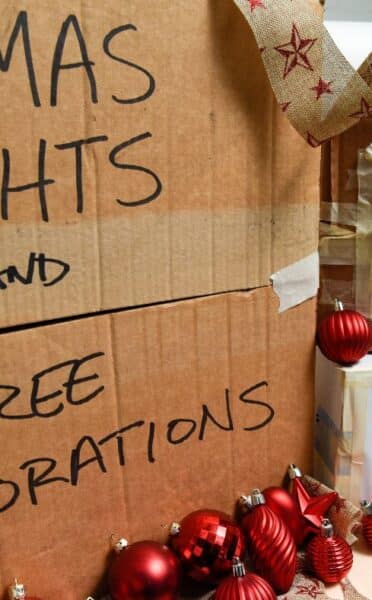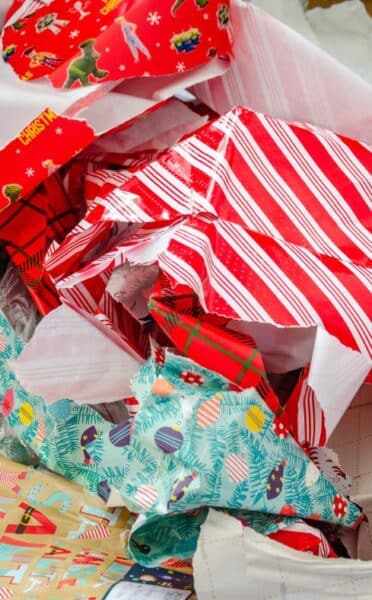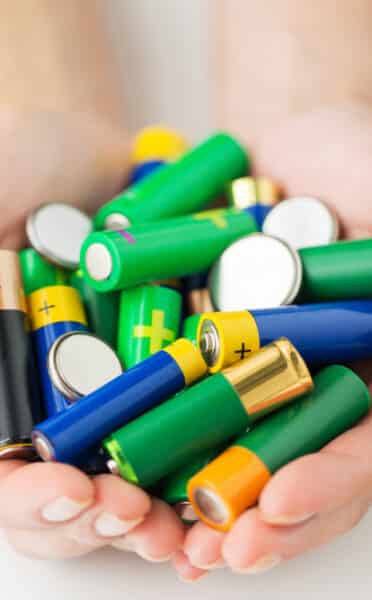Spring Cleaning Disposal: Electronics and Batteries
Disposing of Electronics in PA It’s about time to start thinking about spring cleaning. While you might be able to donate old clothes and furniture to a charity, there are many household items that you’ll need to trash. At Roll-Off Dumpster Direct, we want to make sure you aren’t improperly disposing of waste that could […]
Read More








